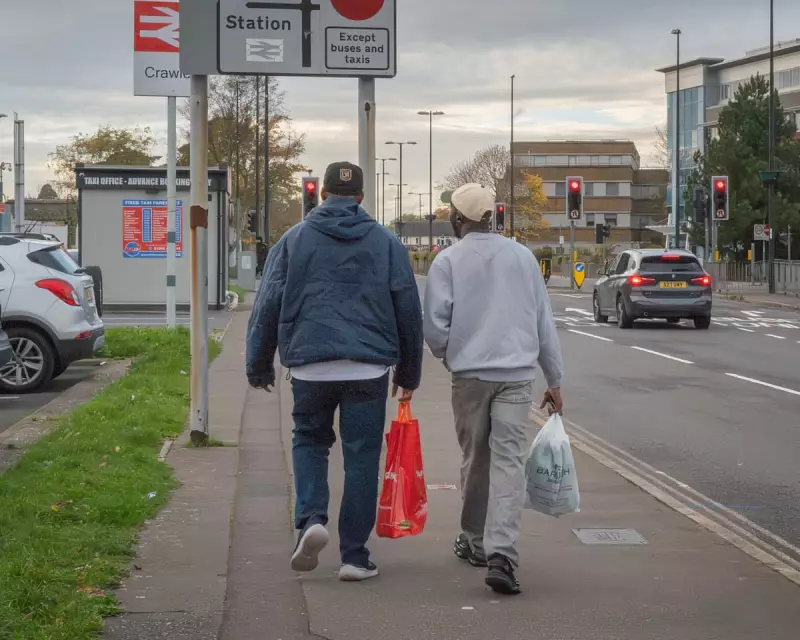
In the heart of one of Britain's designated asylum dispersal areas, a perfect storm of political rhetoric, strained public services, and community anxiety is creating dangerous fractures. The city of Stoke-on-Trent has become a flashpoint in the nation's ongoing immigration debate, with tensions reaching boiling point.
A City Under Pressure
Local residents and newly arrived asylum seekers alike are feeling the strain of what many describe as an overwhelmed system. With hotels housing hundreds of asylum seekers and public services stretched thin, community relations are becoming increasingly frayed.
'People are always looking for a scapegoat,' one long-term resident told our investigation team. 'When things get difficult, it's easier to point fingers than address the real problems.'
The Human Cost
Behind the political headlines and protest banners are real people caught in an increasingly polarised situation. Asylum seekers speak of facing hostility when venturing into the community, while local residents express concerns about resources being diverted from already struggling services.
Community leaders report a noticeable increase in tensions over recent months, with social media amplifying grievances and misinformation spreading rapidly through local networks.
Political Rhetoric Fuels Division
The situation in Stoke-on-Trent reflects a broader national pattern, where heated political debates about immigration are translating into real-world consequences at the local level. Anti-immigration protests have become more frequent, while counter-demonstrations aim to promote community cohesion.
Local authorities find themselves caught between implementing national policy and responding to community concerns, with limited resources to manage the complex social dynamics.
Looking for Solutions
Despite the challenges, community organisations are working to bridge divides and foster understanding between established residents and new arrivals. Initiatives bringing different groups together have shown promise, though organisers acknowledge the scale of the challenge.
As one community worker explained: 'The solution isn't in pointing fingers, but in creating spaces where people can see each other as human beings rather than problems.'
The situation in Stoke-on-Trent serves as a microcosm of the UK's broader asylum challenges, highlighting the urgent need for both national policy solutions and local community-led approaches to integration and support.





